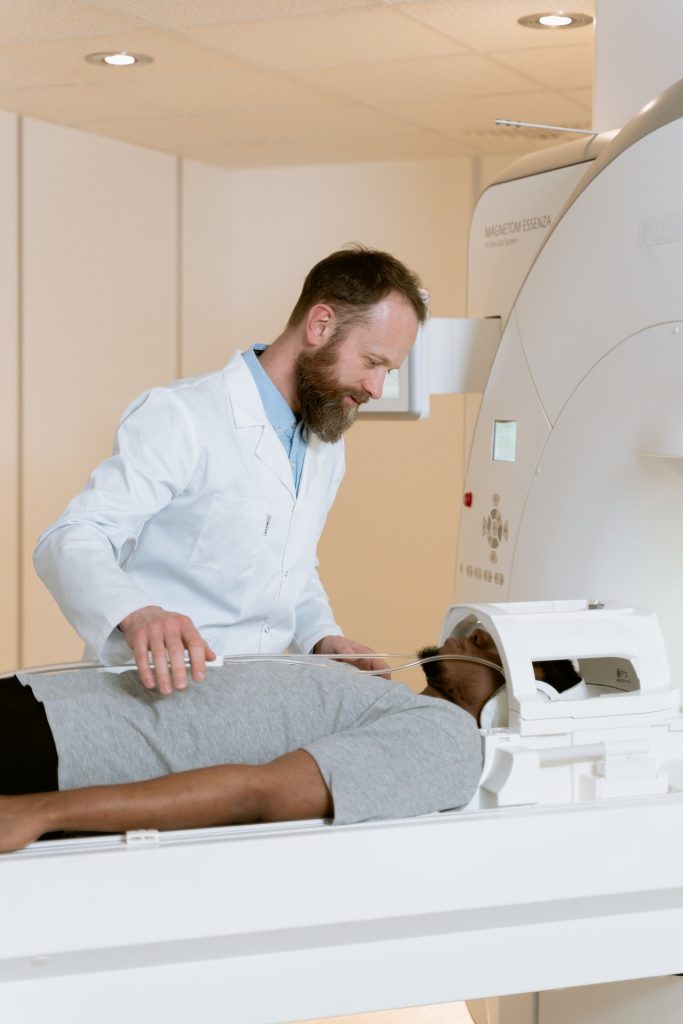Understand Your Rights. Solve Your Legal Problems


The personal injuries you can sustain in this situation may leave you with lifelong impacts. You must never skip medical treatment following a motor vehicle accident as ignoring symptoms could make things worse. It could also become a life-threatening condition.
Understanding the full impact of your injuries means that you can recover the compensation you deserve in your car accident claim. In car accidents, these are the most common types of personal injuries that victims sustain.
Since car accidents exert sudden force, they can cause your head to jerk forward and then backwards quickly. Named because the movement is akin to cracking a whip, whiplash damages the ligaments, tendons, muscles, and discs in the neck.
After a car accident, it may take 24 hours or more for symptoms of neck pain or stiffness, limited range of motion, headaches, dizziness, or fatigue to set in. Whiplash tends to occur in rear-end crashes and for vehicles at higher speeds. You may wind up with long-term impacts from this injury such as chronic neck pain that radiates through your shoulders and arms along with severe headaches.
On the minor side of things, back strains are common in car accidents. Slipped discs are a little more serious, often leaving car accident victims suffering for years. Injuries to the spinal cord can completely change your life and may even result in partial or full paralysis.
The symptoms of these injuries will vary depending on where the injury has impacted the back or spinal cord and to what degree. You may feel weakness or tingling in your legs, have limited mobility, and lose control of your bladder or bowels. These types of personal injuries are much more common in high-speed and catastrophic collisions.
Traumatic brain injury (TBI) and head injuries can be minor or severe, but it all depends on the point and force of the impact. After a major car accident, cognitive symptoms such as memory loss, concentration issues, difficulty speaking, and perception impairments are common. Behavioral symptoms such as increased irritability and mood swings may also arise.
You may have trouble balancing and keeping coordinated along with headaches, fatigue, nausea, and vomiting. Injuries to the head and the brain are often caused by car accidents that involve vehicle rollovers, head-on crashes, or large commercial trucks.
It’s common to sustain a broken arm, broken leg, shattered pelvis, and other types of fractures in car accidents.
Broken bones are common in T-bone and front-impact collisions, especially at higher speeds. Depending on the type of fracture and where it has occurred, you may be in for a lengthy recovery time. Even when the bones heal, you may have chronic pain, nerve damage, and permanent mobility issues.
Whether you endure a severe physical injury or walk away with some cuts and bruises, the potential for psychological impacts after a crash is huge. Some accident victims are traumatized for years to come as they grapple with injuries that have permanently changed their lives. Others have witnessed the loss of family or friends in the crash, leaving them grappling with grief. Mental and emotional distress can last even longer than a physical injury.
While some injuries may take little time to recover from, others can be permanent. It is imperative that after you receive medical treatment you seek legal representation from a California personal injury law firm. You’ll have an attorney who will advocate for your legal rights and work to help you pursue fair compensation to cover the costs of your losses.





